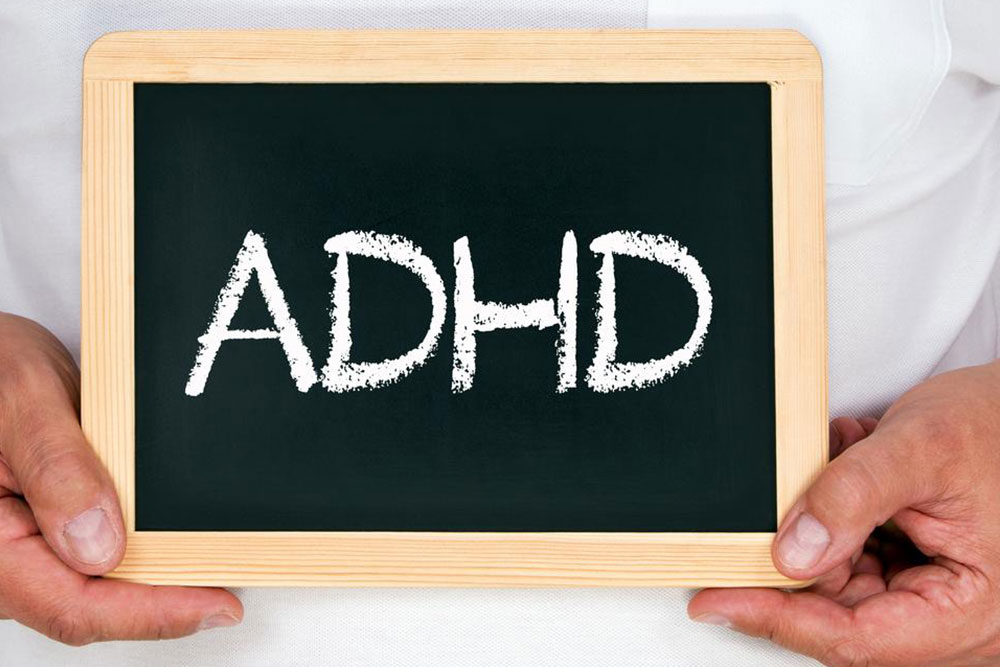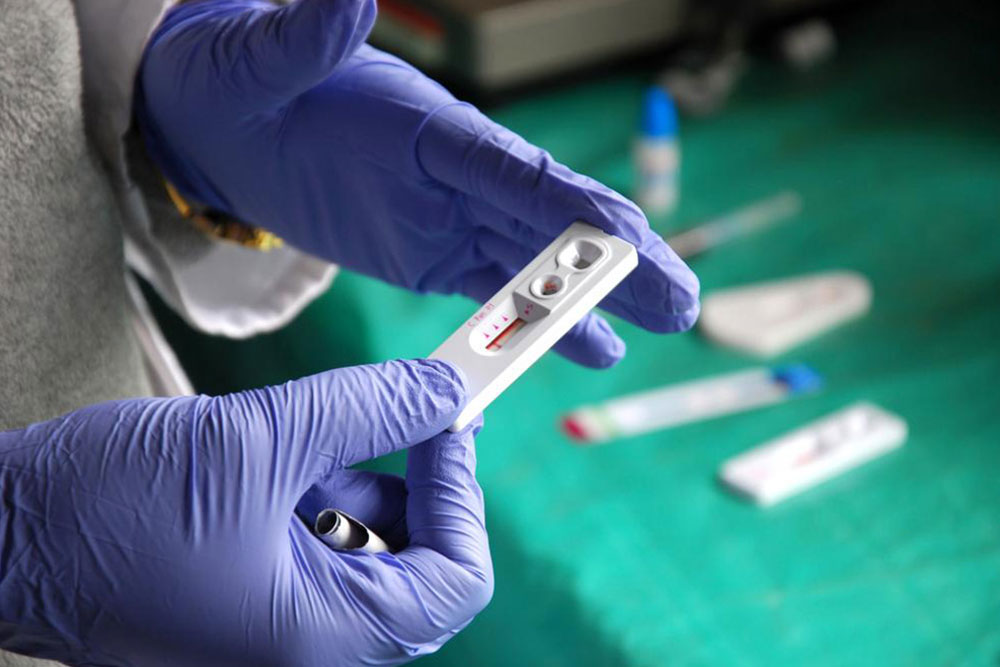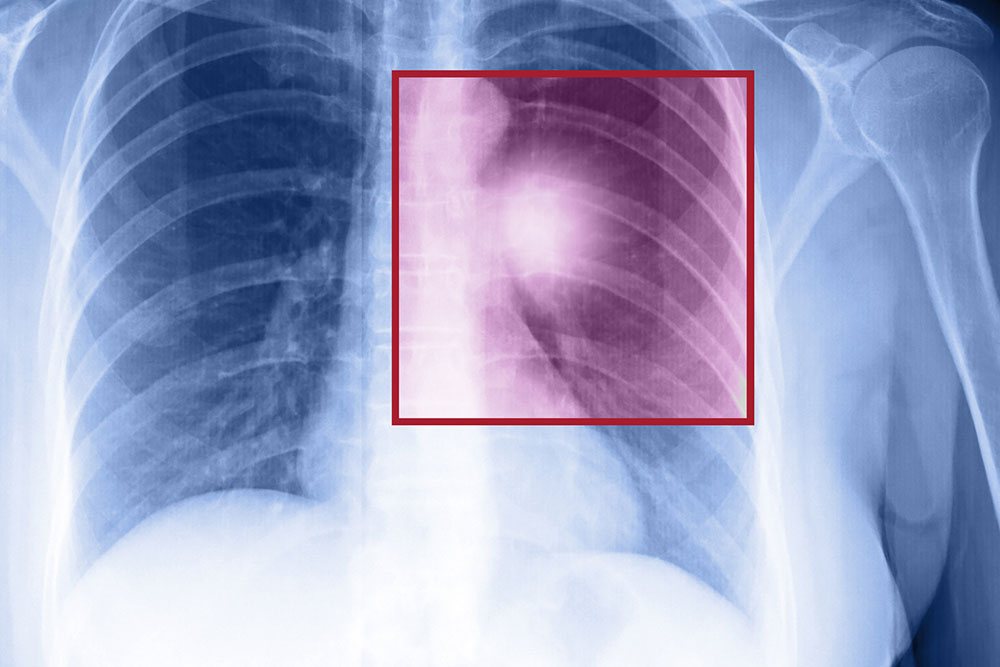A Comprehensive Guide to Adult ADHD: Recognizing Symptoms, Facing Challenges, and Effective Management Strategies
This comprehensive article explores adult ADHD, covering its symptoms, challenges, and effective management strategies. Insightful and detailed, it helps adults recognize signs and adopt personalized treatment plans including medication, therapy, and lifestyle changes to improve daily functioning and overall quality of life.

Understanding Adult ADHD: Signs, Difficulties, and Management Options
Many people mistakenly believe that Attention Deficit Hyperactivity Disorder (ADHD) is solely a childhood condition characterized by hyperactivity, impulsiveness, and inattentiveness. However, research shows that ADHD often persists into adulthood, impacting individuals' careers, relationships, and daily functioning. Contrary to the common misconception, a significant number of adults continue to experience the symptoms originally diagnosed during childhood, and some individuals only discover they have ADHD later in life when challenges become more evident.
It is estimated that approximately 60% of children with ADHD retain some symptoms into their adult years. In the United States alone, around 5% of young adults are diagnosed with ADHD, highlighting its prevalence across ages. Many adults remain undiagnosed for years because their symptoms either appeared subtle or were attributed to other issues such as stress or anxiety. Correct diagnosis is crucial, as it opens the door to effective management strategies that can significantly improve quality of life.
Common Symptoms of Adult ADHD
Adult ADHD manifests through a broad range of symptoms that often differ from childhood presentations. While hyperactivity may diminish with age, other core issues like inattention and impulsivity persist. Typical signs include:
Persistent forgetfulness and frequently losing items
Difficulty in following complex instructions or multitasking
Chronic procrastination and poor time management
Trouble sustaining focus on tasks or conversations
Impulsive decision-making and risk-taking behaviors
Restlessness, despite not always exhibiting physical hyperactivity
Emotional dysregulation, such as irritability, impatience, or mood swings
These symptoms can disrupt both personal and professional aspects of life, often leading to feelings of frustration, low self-esteem, and anxiety. Adults with ADHD may also experience co-occurring conditions like depression, substance abuse, or anxiety disorders, which complicate diagnosis and treatment.
Facing the Challenges
Living with adult ADHD presents unique challenges. Many adults find it difficult to organize daily routines, meet deadlines, or maintain stable relationships. The persistent forgetfulness and distraction can cause problems at work, potentially affecting job performance and career advancement. Socially, impulsivity and mood fluctuations may strain relationships with friends and family.
Moreover, some adults develop secondary issues such as low self-esteem, depression, or anxiety — often a consequence of ongoing struggles and perceived underachievement. The difficulty in self-managing symptoms can lead to a sense of helplessness and frustration.
Management and Treatment Options
The good news is that effective treatments exist that can alleviate symptoms and help adults lead more productive and fulfilling lives. Treatment approaches typically involve a combination of medication, psychotherapy, and lifestyle adjustments.
Medication:
Medications are often the frontline treatment for adult ADHD. Stimulant medications, such as methylphenidate (e.g., Ritalin, Concerta), are widely prescribed and have been proven effective in reducing core symptoms like inattentiveness, hyperactivity, and impulsivity. Non-stimulant options like atomoxetine (Strattera) are also available, especially for individuals who experience side effects from stimulants or have certain medical conditions. These medications work by balancing neurotransmitters in the brain, improving attention and reducing impulsive behaviors.
Psychotherapy and Counseling:
Behavioral therapy focuses on developing organizational skills, managing time effectively, and improving problem-solving abilities. Cognitive-behavioral therapy (CBT) is particularly beneficial, helping individuals identify negative thought patterns and replace them with healthier responses. Counseling may also address emotional issues, such as low self-esteem, anger management, and relationship difficulties.
Life Skills and Support Strategies
Implementing daily routines and organizational tools can drastically improve functioning. This includes creating checklists, planners, or digital reminders to stay on track. Breaking tasks into smaller, manageable parts reduces overwhelm. Mindfulness practices and meditation can help enhance focus, emotional regulation, and mood stability. Joining support groups allows adults with ADHD to share experiences and coping strategies, fostering a sense of community and understanding.
It is vital for adults with ADHD to work closely with healthcare providers to develop personalized treatment plans. Regular follow-ups ensure that treatments are effective, and adjustments can be made as needed. Educating oneself about the condition also empowers individuals to advocate for their needs in both personal and professional settings.
Living Well with Adult ADHD
While adult ADHD presents challenges, with proper management, individuals can lead successful, satisfying lives. Emphasizing strengths—such as creativity, problem-solving skills, and high energy—can turn perceived weaknesses into assets. Establishing a structured daily routine, setting clear goals, and practicing self-care are essential strategies for maintaining balance.
Insummary, awareness and understanding of adult ADHD are crucial for recognizing symptoms and seeking effective interventions. By combining medication, therapy, lifestyle modifications, and ongoing support, adults with ADHD can overcome obstacles and achieve their full potential. Increasing public awareness about adult ADHD also helps reduce stigma and promotes empathetic support for those navigating this condition.





